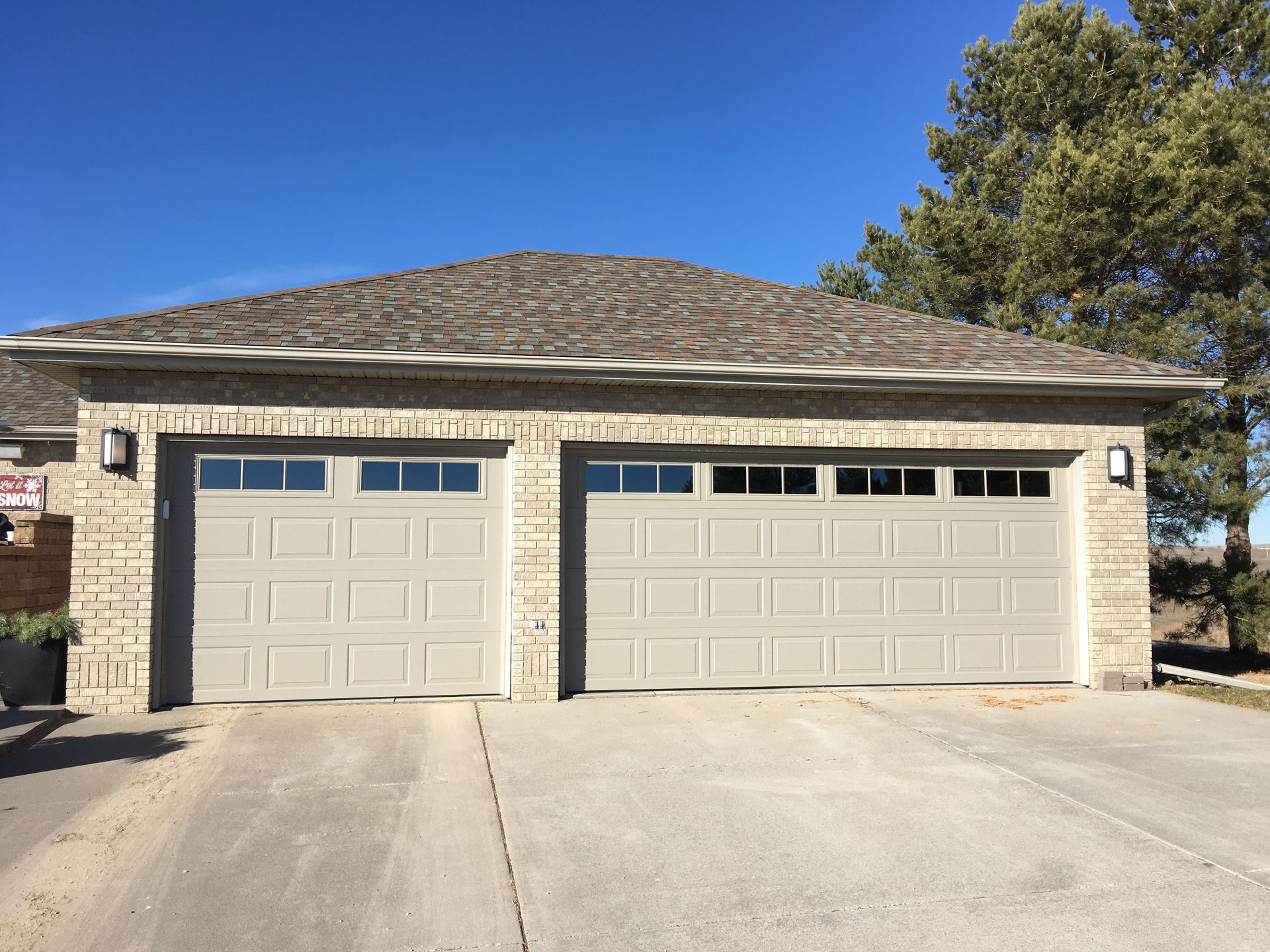Roof insulation is an often-overlooked component of your home’s energy efficiency. Let’s explore how proper insulation can boost roof performance, reduce energy costs, and increase comfort in your home.
Why Insulation is Crucial for Roof Efficiency
Roof insulation is vital for your home’s temperature regulation. It prevents heat from escaping in the winter and keeps your home cool during summer, enhancing comfort and energy efficiency.
How Insulation Affects Heating and Cooling Costs
Inadequate insulation forces heating and cooling systems to overwork, driving up your energy bills. Upgrading your roof insulation helps retain temperature, reduce energy costs, and lower your carbon footprint.
Top Tips for Improving Roof Insulation
- Consider R-Value: Ensure the insulation you choose has a high R-value for optimal performance in your specific climate zone.
- Upgrade to Reflective Insulation: In warmer climates, reflective insulation helps reduce heat absorption, enhancing energy efficiency.
- Seal Air Leaks: Check for and seal air leaks around chimneys, skylights, and vents to improve insulation effectiveness and prevent air loss.
- Insulate the Attic: Since heat rises, ensure your attic is properly insulated to prevent heat from escaping through the roof.

How Weathercraft Ensures Maximum Roof Insulation Efficiency
We suggest eco-friendly, durable insulation materials that ensure long-term performance. Weathercraft’s experts will assess your needs and recommend the best insulation solutions for maximum energy efficiency and budget flexibility.